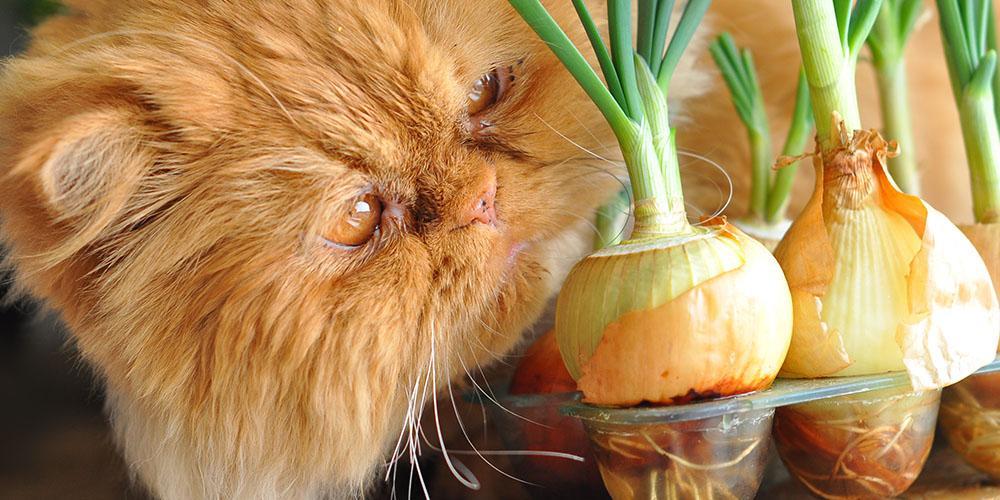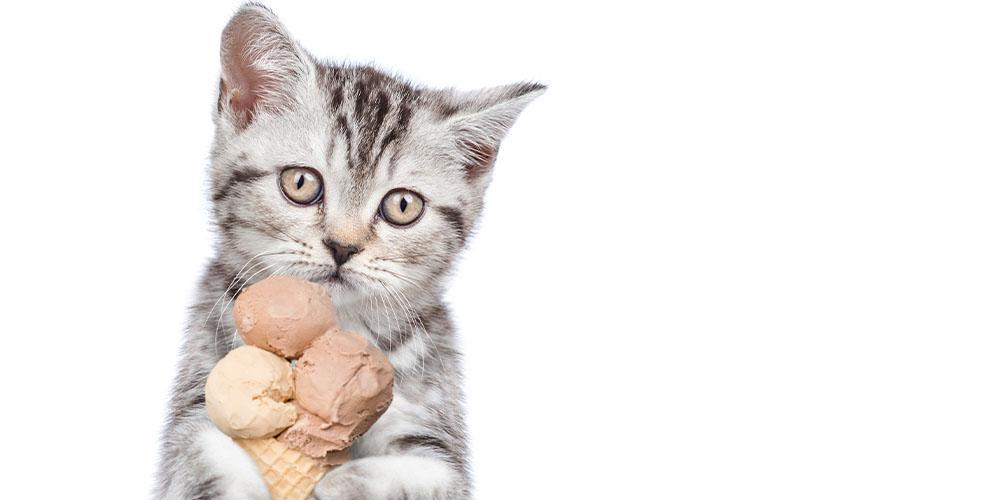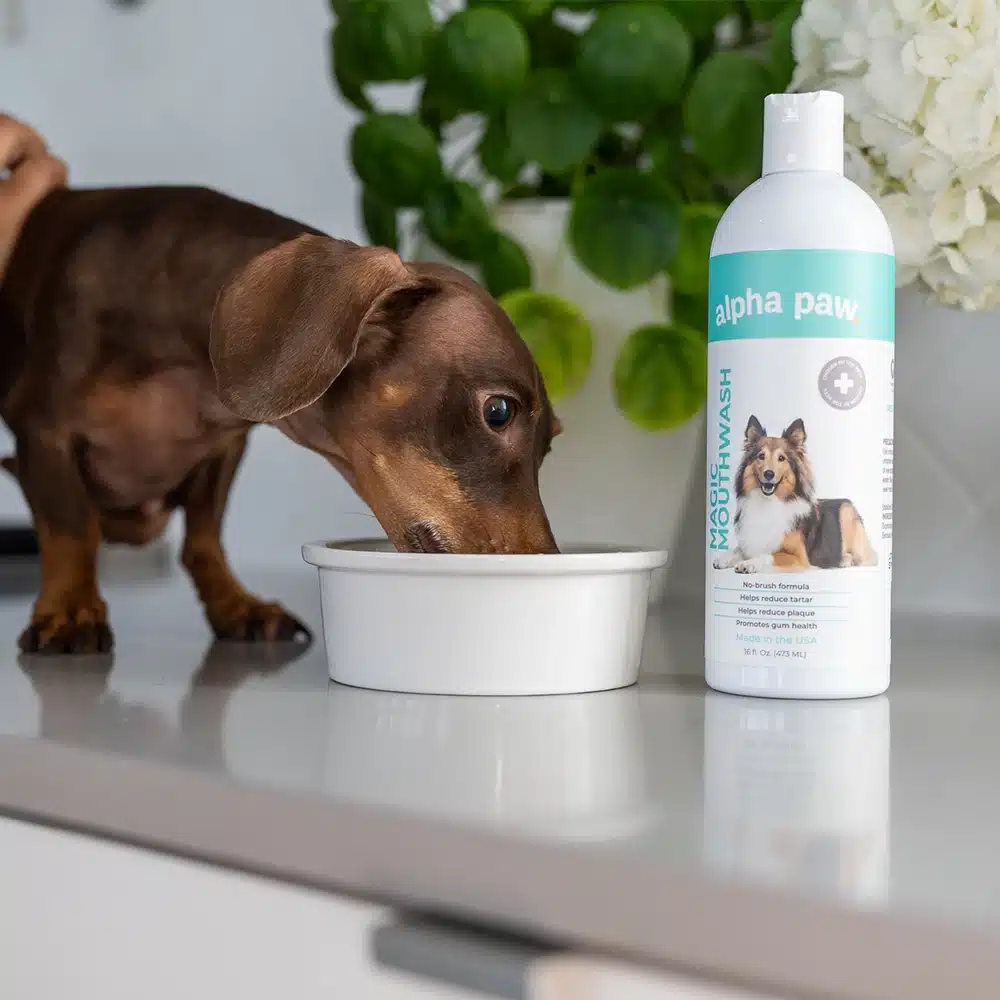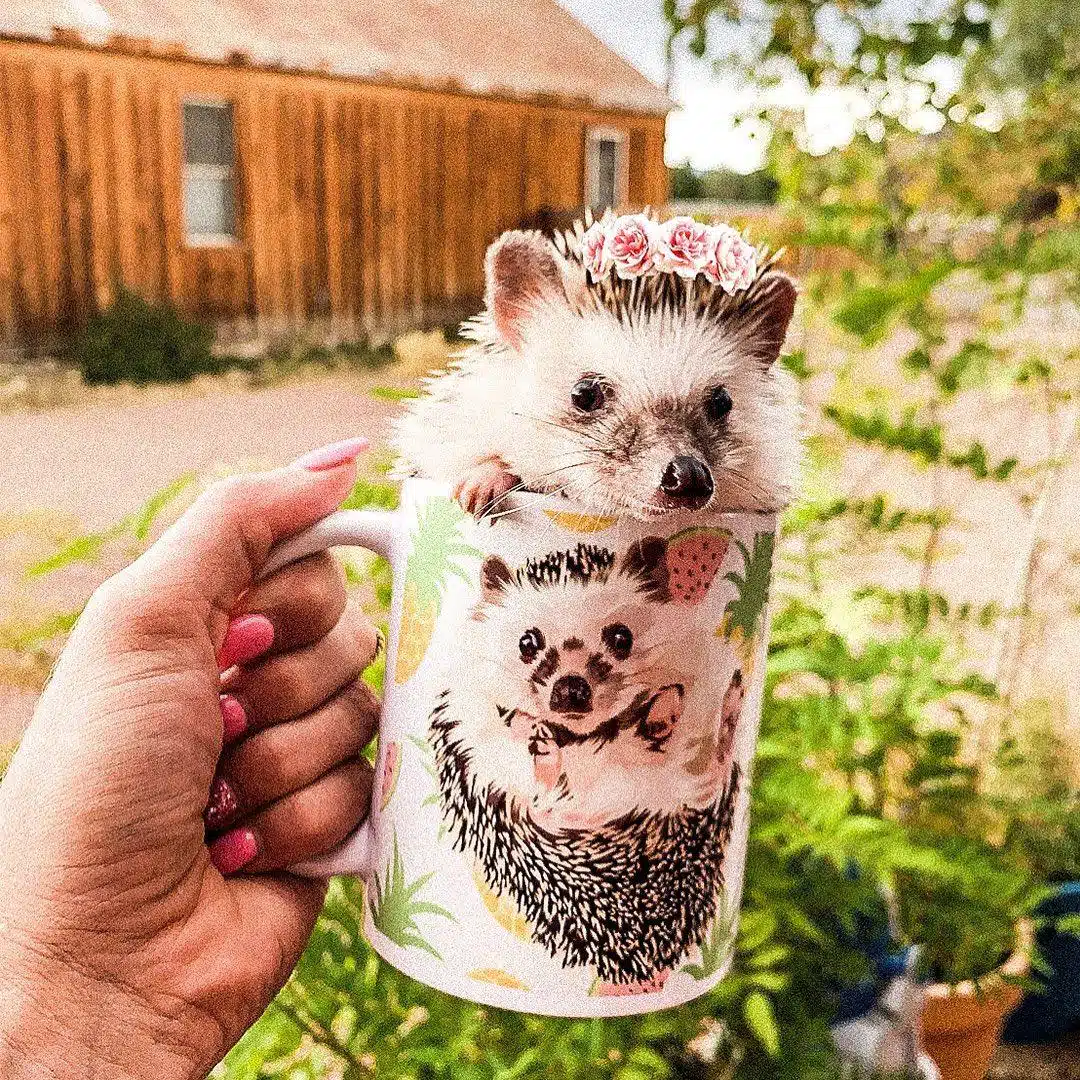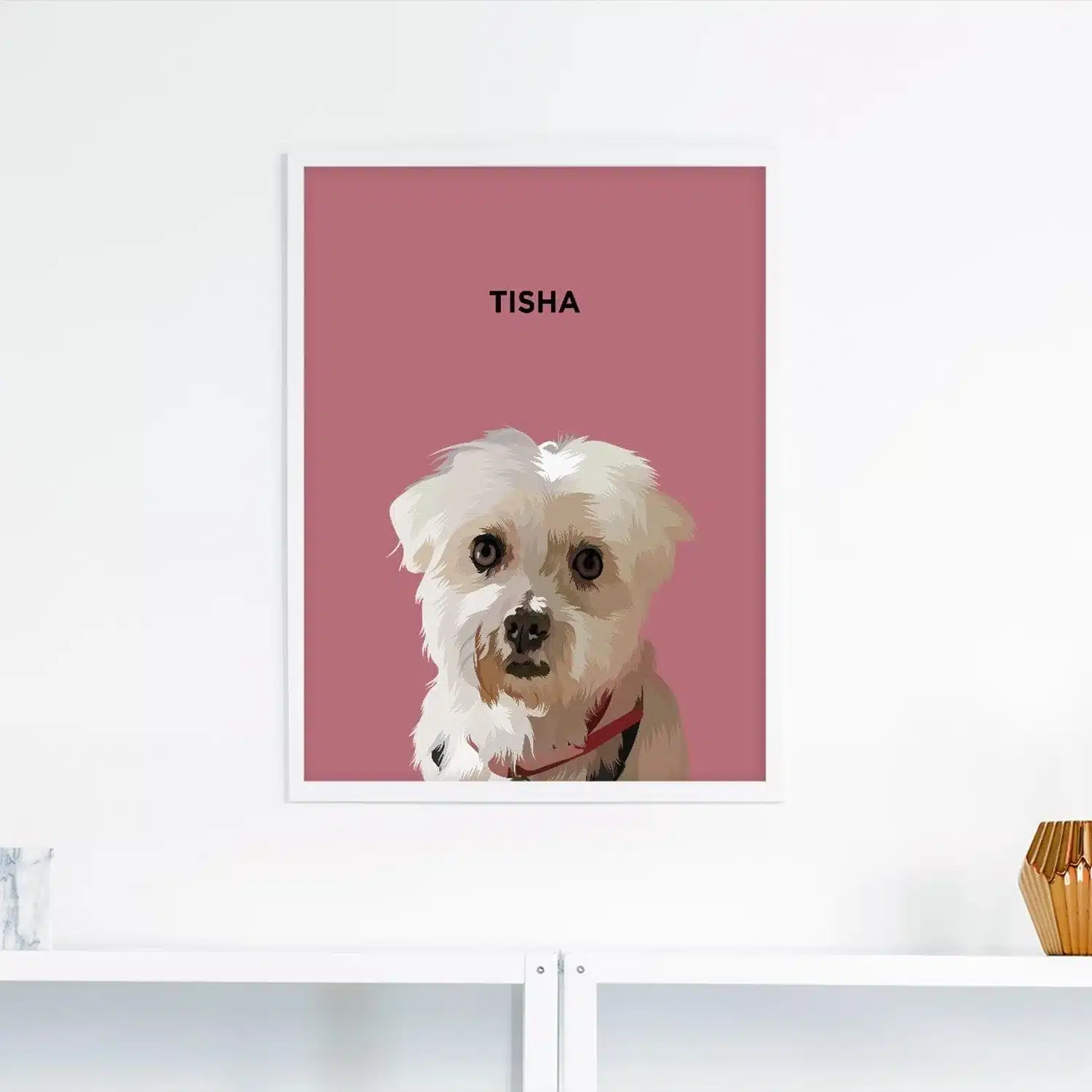Common Household Foods That Are Toxic to Cats
A lot of these foods are known to be toxic to dogs. Interestingly enough, these common foods can be extremely dangerous for cats as well. Even though cats have a reputation for being picky eaters, that doesn’t always mean they know to walk away from the scraps you may have left on the TV tray or side table because you didn’t think it would affect them. In fact, you may be surprised to learn some of the common foods your cats should never eat.
Here are 6 common foods you should keep away from you cat:
1. Onions
Powdered, raw, cooked, or dehydrated… Onions can break down a cat’s red blood cells, leading to anemia. That’s true even for the onion powder that’s found in some baby foods. An occasional small dose probably won’t hurt. But eating a large quantity once or eating smaller amounts regularly can cause onion poisoning. Along with onions, garlic and chives can cause gastrointestinal upset.
2. Even Though Avocados Are Delicious
Avocado is primarily a problem for birds, rabbits, donkeys, horses, and ruminants including sheep and goats. A healthy adult cat is not likely to die from eating avocado, but could have an upset stomach, including vomiting and diarrhea. Avocados can also be dangerous to cats if they eat the skin or chew on the pit since large chunks of these parts could cause an obstruction.
3. Grapes
Although the toxic substance within grapes and raisins is unknown, these fruits can cause kidney failure. Until more information is known about the toxic substance, it is best to avoid feeding grapes and raisins to cats.
4. Salt and Salty Snack Foods
Large amounts of salt can produce excessive thirst and urination, or even sodium ion poisoning in pets. Signs that your pet may have eaten too many salty foods include vomiting, diarrhea, depression, tremors, elevated body temperature, seizures and even death. As such, we encourage you to avoid feeding salt-heavy snacks like potato chips, pretzels, and salted popcorn to your cats.
The One Thing Pet Owners Regret Not Doing Until It’s Too Late
Is your pet safe?
1 in 3 pets will need emergency veterinary treatment each year and it is estimated a pet receives emergency care every 2.5 seconds in the U.S.
The average cost of treating a broken bone in dogs is $2,700. Cancer treatments? Up to $10,000.
It’s why so many pet owners say their biggest regret isn’t the vet bill—it’s not having pet insurance when they needed it most.
Ask yourself: “If an unexpected $5,000 vet bill hit tomorrow, could I afford it?”
If the answer is no, it’s time to get covered.
Take a look at Lemonade. They have a great app that actually works, they have an instant chatbot that is faster and, dare we say it, friendlier than most companies’ “real” customer service and a quick scroll through Reddit will uncover… people are really vibing with this brand.
So go check them out and take a look. It takes less than a minute.
5. Chocolate
Cats should not eat chocolate because it contains theobromine and caffeine—both methylxanthines—which are stimulants that are bad for felines’ hearts, muscles, and nervous systems. This includes drinks and baked goods. Darker chocolate has higher concentrations of these stimulants than milk chocolate or white chocolate and is more dangerous for cats to ingest. You should keep your pet away from any chocolate, though, regardless of what kind it is.
6. Milk and Other Dairy Products
It might be surprising to learn that milk can be toxic to your cat. Many adult cats become lactose intolerant and, therefore, struggle to digest the lactose in milk. This can upset their digestive system and cause diarrhea. Though it’s not bad for all cats, it’s safer to avoid feeding your cat dairy products. If you do, it’s important to watch them for signs that they’re lactose intolerant.
What To Do If Your Cat Consumes Toxic Food:
There are several “poison control hotlines” for animals, most of which charge nominal fee that is well worth the expense. The ASPCA can be reached every hour of every day at (888) 426-4435 and has years of experience helping pet owners triage potentially serious toxicity issues from home. A poison expert will help you determine exactly which symptoms to check for and how quickly you should mobilize to the vet’s office. For the most part, you should always head to an emergency vet if you think your cat has ingested something she shouldn’t have. Comment below if you know of other steps to take if your cat consumes toxic food!
80% of Dogs Develop Arthritis or Joint Pain by 7 Years old – Here’s How to Protect Them
Most of us train our dogs when they are puppies to jump up on furniture. We think it’s harmless (and easier than always lifting them), but for dogs, couches and beds are very high compared to the size of their bodies.
Every time they jump it compresses their back and applies enormous force to their joints.
It’s no wonder that an incredible 80% of dogs experience arthritis or joint pain by only 7 years old.
Luckily, there is a vet-recommended solution.
It’s the PawRamp by Alpha Paw. An adjustable ramp that allows dogs to safely get on and off couches and beds. PawRamp makes joining you in bed or on the couch effortless and fun.
As a bonus, you can use code SAVE35 to get $35 off the PawRamp today.


